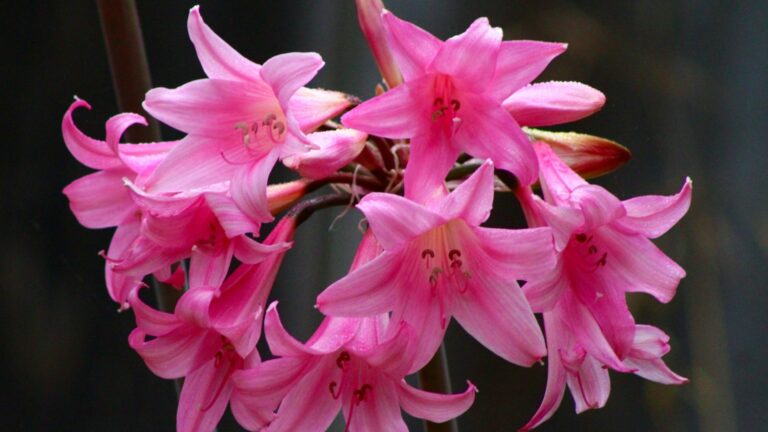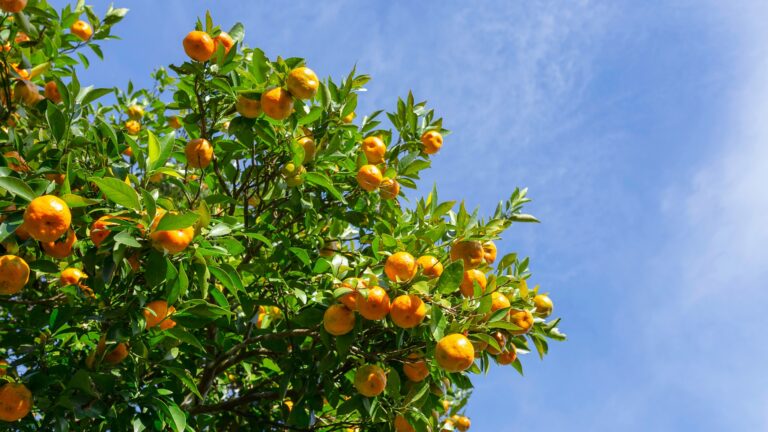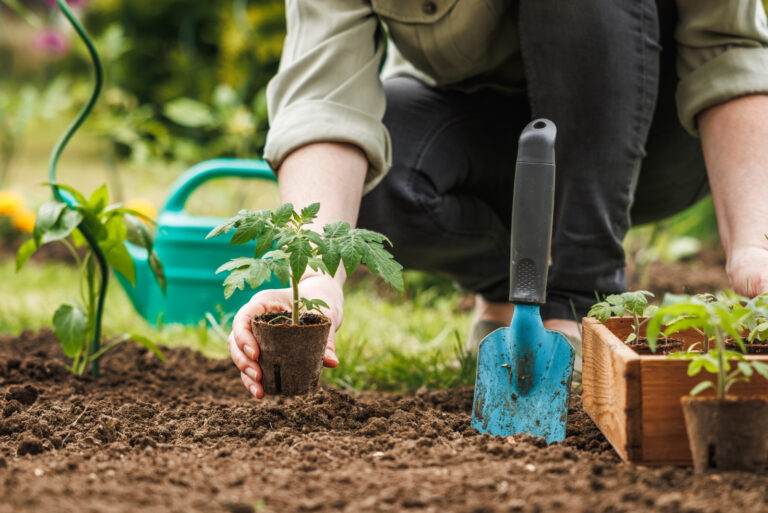7 Reasons To Mulch Your Garden Before The Ground Freezes In Michigan
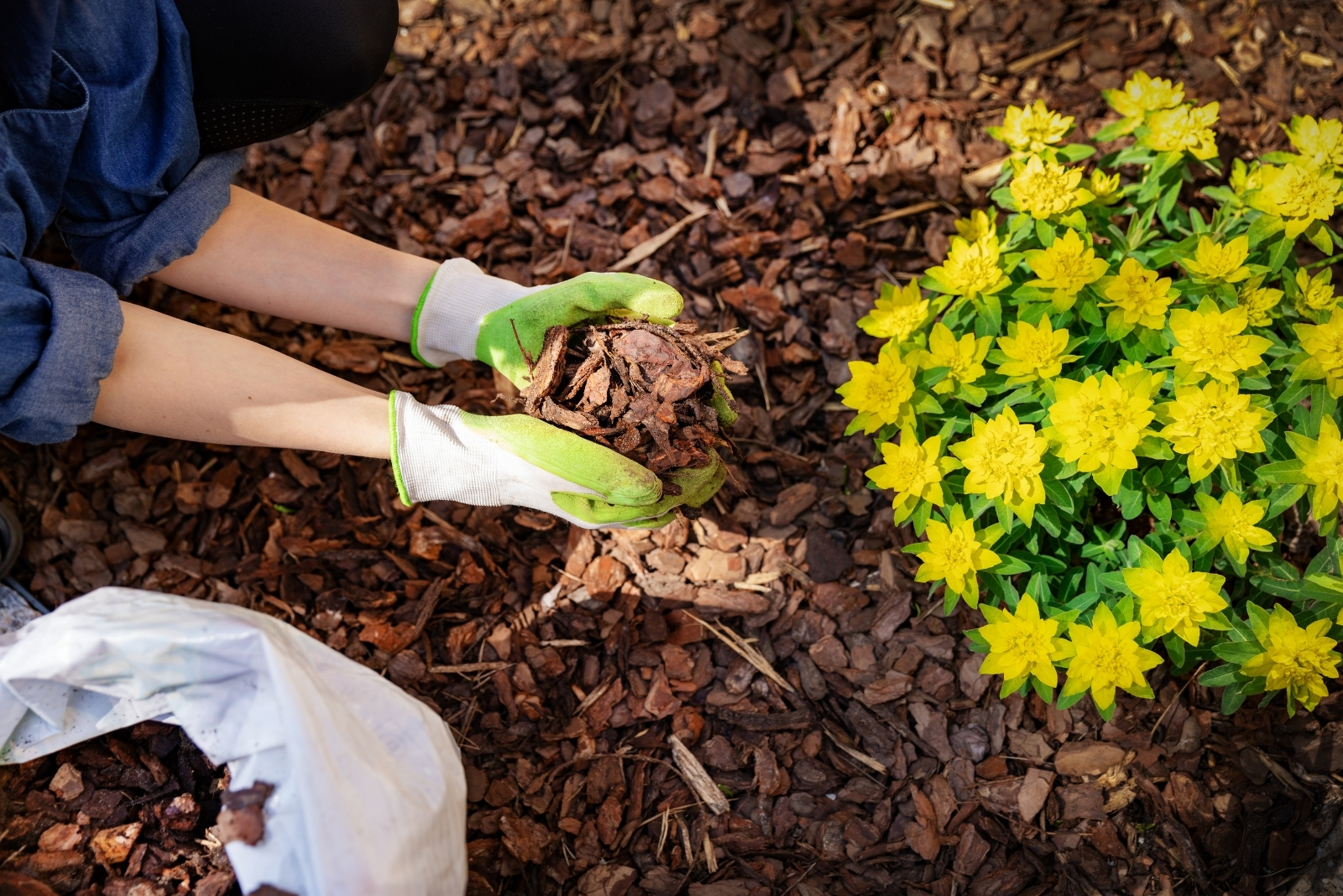
Michigan’s winters come fast, and your garden will thank you for a little preparation. I’ve seen how mulching before the frost can protect plants in ways I didn’t expect.
It’s simple, effective, and worth doing early. These seven reasons show why Michigan gardeners should mulch before the ground freezes.
1. Insulates Plant Roots from Harsh Cold
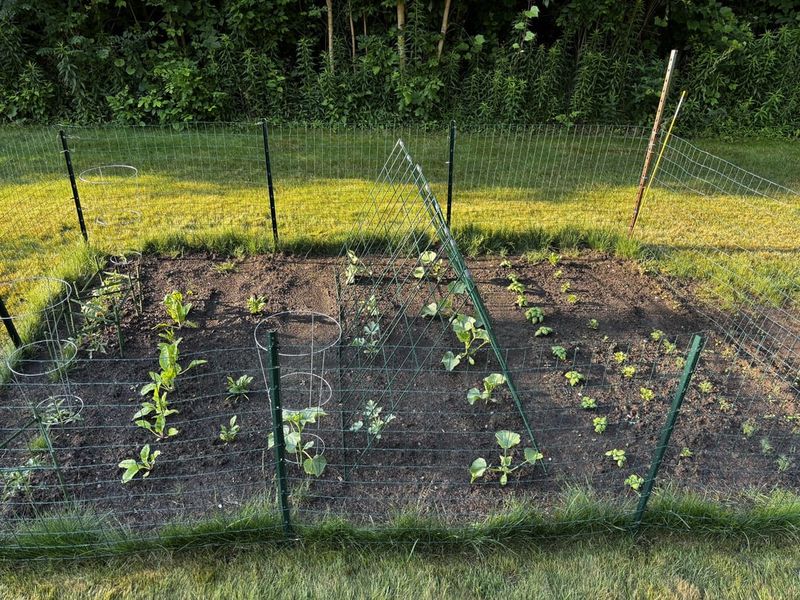
Mulch acts like a warm blanket for your plants during Michigan’s freezing nights. When temperatures drop below zero, exposed roots can suffer serious damage or even die completely.
A thick layer of organic mulch keeps soil temperatures more stable, preventing the dangerous freeze-thaw cycles that harm roots. Michigan gardeners who mulch in fall often see healthier plants come spring.
Wood chips, shredded leaves, or straw all work wonderfully as insulation materials.
2. Prevents Soil Erosion During Winter Storms
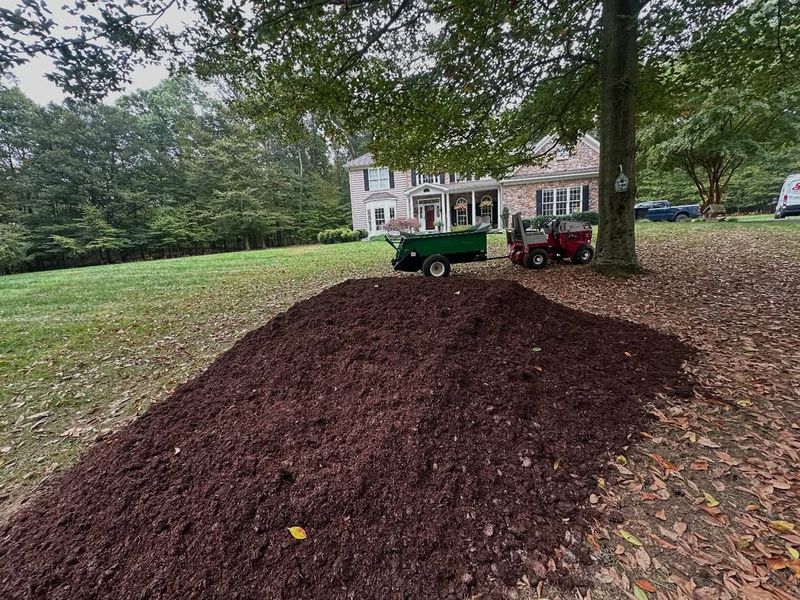
Winter winds and heavy snows can wash away valuable topsoil if your garden beds sit bare. Once that nutrient-rich soil disappears, rebuilding it takes years of work.
Mulch creates a protective shield that holds soil firmly in place, even during Michigan’s wildest winter weather. Rain and melting snow simply soak through the mulch instead of carrying soil away.
Your garden’s foundation stays intact and ready for planting season.
3. Reduces Weed Growth Next Spring
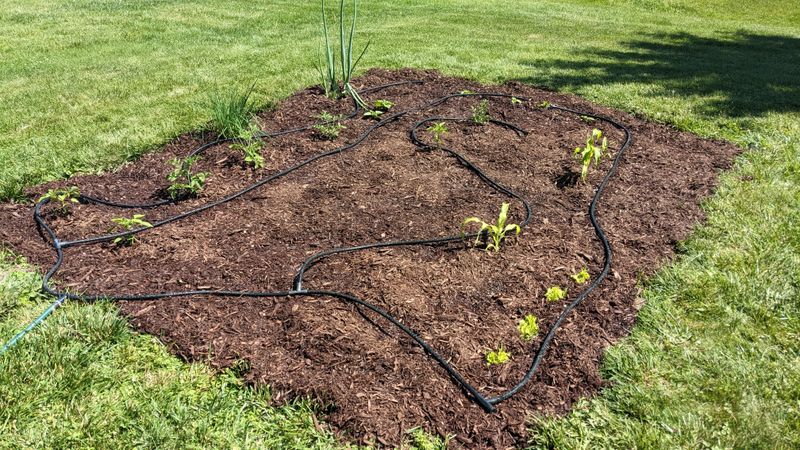
Weed seeds love bare soil and sunlight, sprouting eagerly when spring arrives. Applying mulch now means fewer weeds competing with your flowers and vegetables later.
A generous mulch layer blocks sunlight from reaching dormant weed seeds in the soil below. Michigan gardeners save countless hours of weeding time by preparing beds properly in fall.
Organic mulches also smother tiny weed seedlings before they establish strong roots.
4. Improves Soil Quality as It Breaks Down
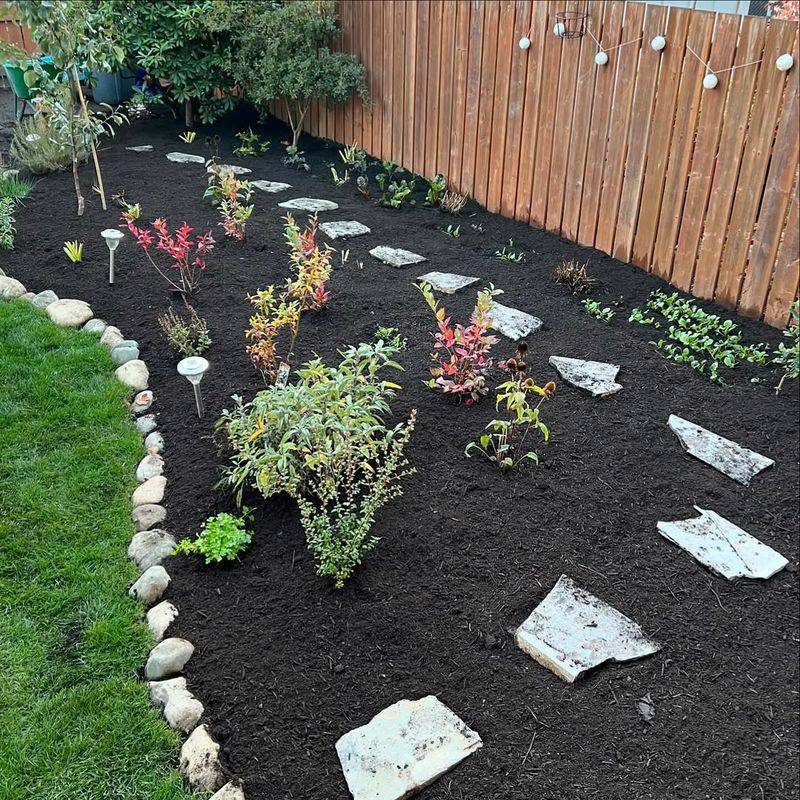
Did you know organic mulch gradually transforms into rich compost over winter? Materials like shredded bark and leaves slowly decompose, feeding beneficial microorganisms in your soil.
As mulch breaks down, it adds essential nutrients and improves soil structure for better drainage. Michigan’s freeze-thaw cycles actually help speed up this natural composting process.
By spring, your garden soil becomes darker, fluffier, and more fertile than before.
5. Keeps Moisture Levels Consistent
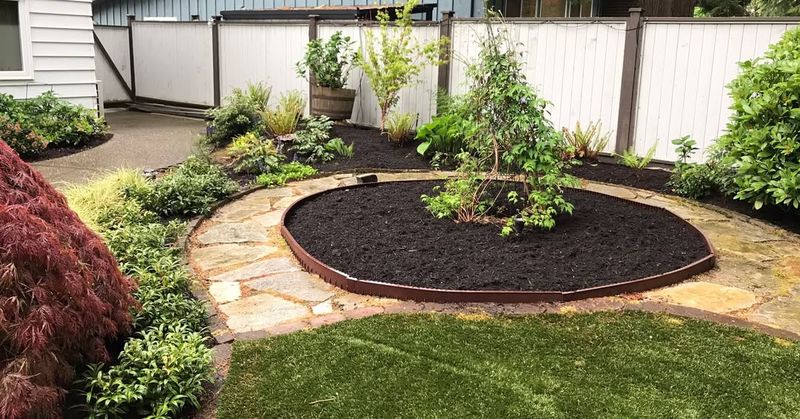
Plants need consistent moisture even during their dormant winter months. Without mulch, Michigan’s dry winter winds can pull moisture from the soil, stressing plant roots.
Mulch acts like a moisture-locking lid, reducing evaporation and keeping soil hydration steady throughout the cold season. When spring rains arrive, mulched soil absorbs water more efficiently instead of letting it run off.
Your plants wake up properly hydrated and ready to grow vigorously.
6. Protects Against Frost Heaving Damage
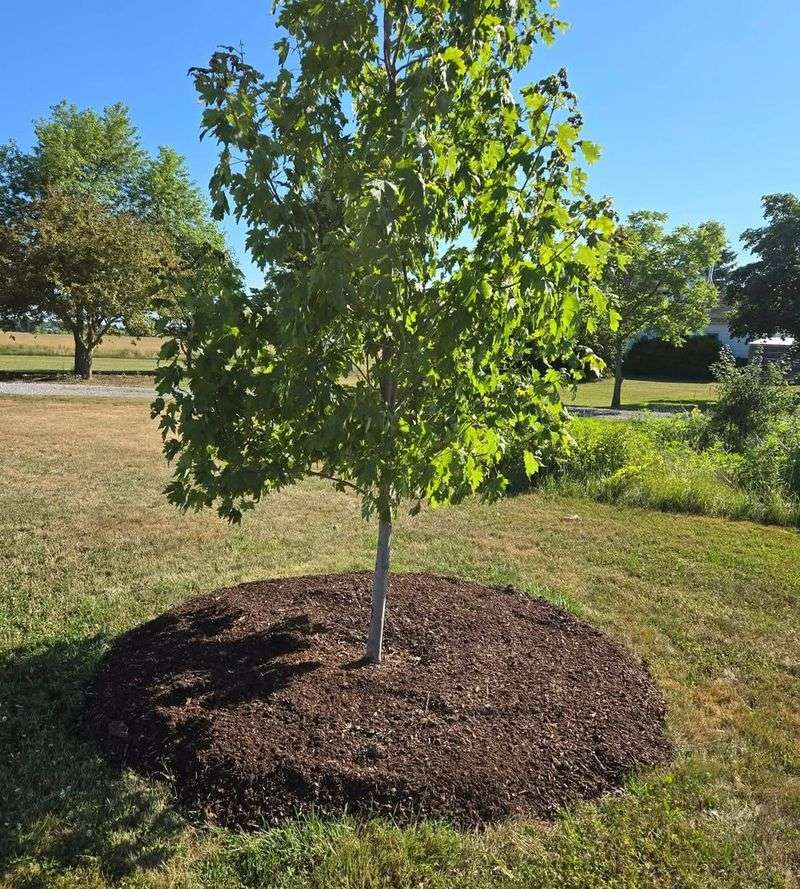
Frost heaving happens when freezing soil expands upward, literally pushing plants right out of the ground. Michigan gardeners often find perennials sitting on top of soil after harsh winters.
Exposed roots dry out quickly and plants rarely survive this kind of damage. Mulch moderates soil temperature changes, preventing the repeated freezing and thawing that causes heaving.
Your precious perennials stay safely tucked underground where they belong until spring.
7. Saves Time and Money Come Springtime
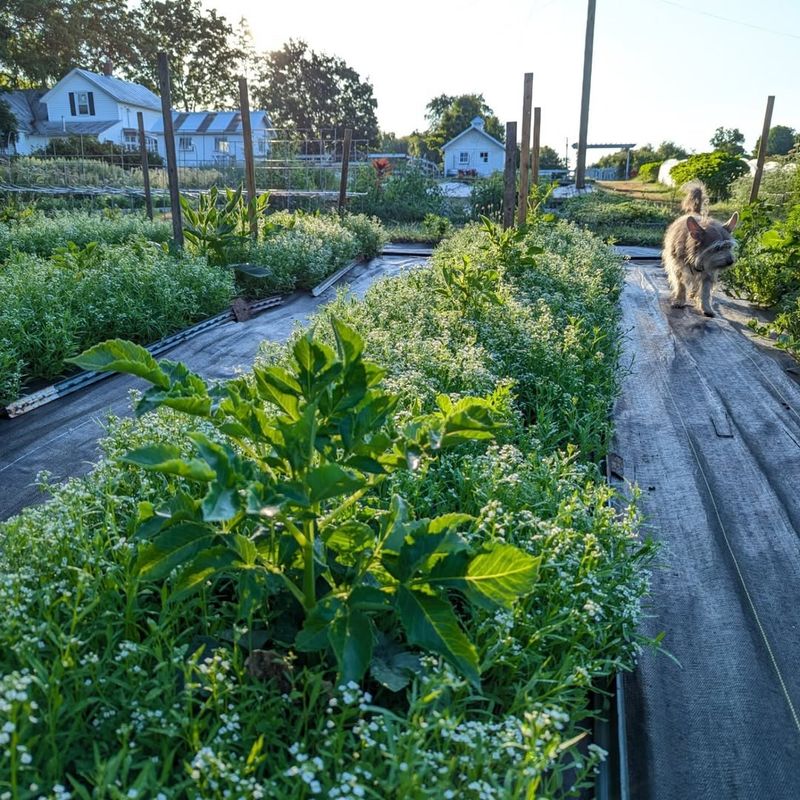
Investing an afternoon mulching now prevents expensive plant replacements and soil amendments later. Michigan gardeners who skip fall mulching often face dead plants and depleted soil in spring.
Healthy, protected plants require less fertilizer and fewer pest treatments when growing season returns. You’ll spend more time enjoying your garden instead of fixing winter damage.
Plus, fall mulch materials often cost less than spring prices at garden centers.

